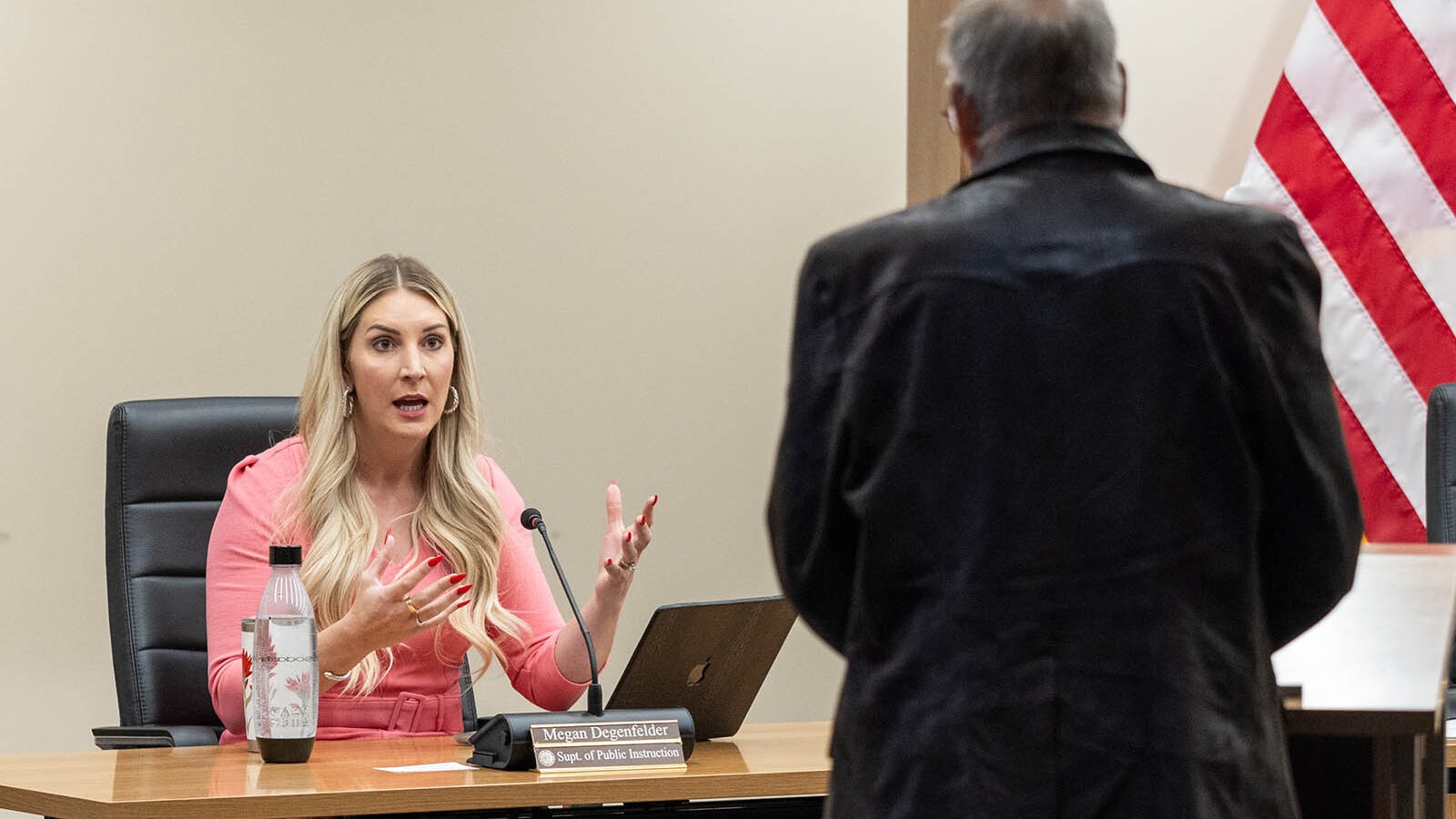U.S. Rep. Liz Cheney introduced a bill this week that would allow state-inspected meat to be sold across state lines.
The bill known as the Expanding Markets for State-Inspected Meat Processors Act of 2021 is similar to legislation Cheney introduced in a previous congressional session.
“The economic ramifications of COVID-19 resulted in processing interruptions and decreases in the amount of meat getting to market, leading to shortages across the country,” Cheney said following introduction of the bill. “As we recover from the challenges posed by the pandemic, we must be doing everything possible to expand opportunities and open markets that will allow livestock producers to increase their economic activity.”
The legislation would allow meat products inspected by state meat and poultry inspection programs to be sold across state lines.
The legislation was endorsed by Gov. Mark Gordon, the Wyoming Stock Growers Association, the Wyoming Farm Bureau and the Wyoming Department of Agriculture.
“Rep. Cheney’s bill would finally acknowledge equity of Wyoming’s state inspection program and federal inspection requirements,” Gordon said. “Passage of this act would allow our hardworking state inspectors and the Department of Agriculture to better serve our producers and help Wyoming export high-quality products to additional markets. I fully support this concept and appreciate Rep/ Cheney’s efforts.”
Beef producers in Wyoming have long complained about the fact that four companies control 80% of the meat packing industry and have alleged that the companies work together to keep prices for beef producers artificially low.
The weaknesses of such concentration became apparent when several large meat processing plants were forced to close by the coronavirus, reducing the nation’s supply of meat and driving costs for producers even further down.
Gordon said last month he was working with legislators to expand the state’s meat processing capacity to address concentration of the industry.
“These producers play an essential role in powering our state’s economy and providing high-quality food to consumers across the country,” Cheney said. “Allowing state-inspected meats to be sold across state lines empowers producers to access these new markets while supplying the increasing demand. This legislation will also increase competition and offer more meat choices for American families.”
Current law prevents state-inspected meat from being sold out-of-state. Presently, there are 27 states, including Wyoming, with inspection programs certified by the Food Safety Inspection Service as meeting or exceeding federal inspection standards.
However, products processed at these FSIS-approved state MPI inspected facilities are not currently allowed to be sold across state lines.
Department of Agriculture Director Doug Miyamoto said the legislation would allow his staff to better serve the agricultural industry of Wyoming and would bring more opportunities to the state’s ranchers.
“The Wyoming Department of Agriculture, along with many of our counterparts across the nation work very hard to ensure that state eat inspection programs achieve status that is ‘equal to’ federal inspection,” Miyamoto said.
WSGA executive vice president Jim Magagna thanked Cheney for introducing the legislation again.
“Wyoming, until recently, had no federally inspected processing facilities, putting our livestock producers at a clear disadvantage in being unable to process their beef in-state to meet consumer demand in neighboring states and beyond,” Magagna said. “This discrimination against state-processed meat has no basis in food safety as our state inspection program is federally approved by the FSIS and must meet all of the same standards as federal inspection.”





